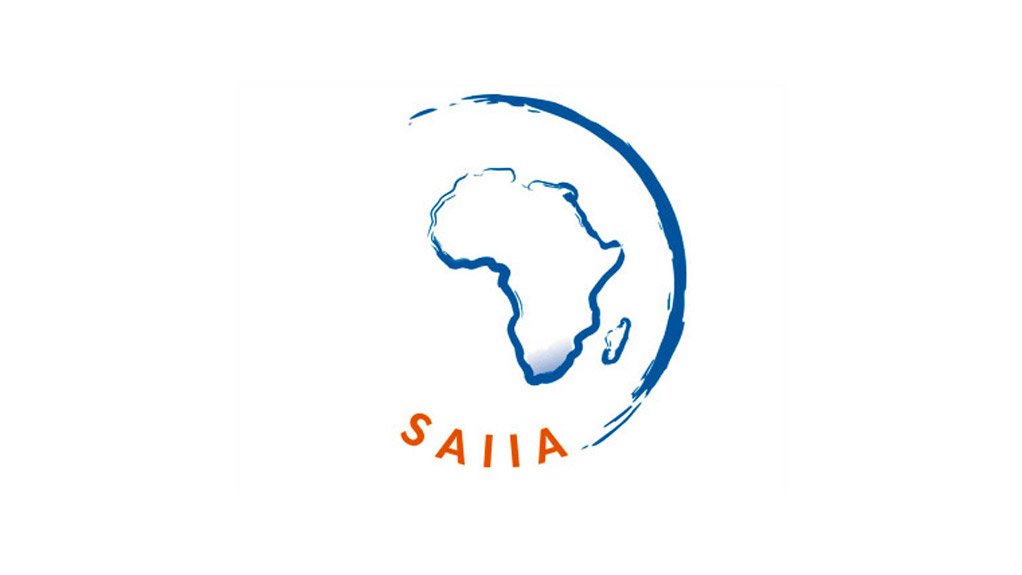'Change’ was the word de jour as citizens headed to the polls for the fifth multi-party elections in Tanzania on 25 October 2015. At first glance, Tanzania seems to be a country on a clear trajectory to prosperity – maintaining a GDP growth rate of around 7%. Despite this impressive macroeconomic growth, distribution of wealth has been inadequate and poverty levels remain high. So did these polls deliver anything different?
Pursuing significant political change in the hopes of achieving economic prosperity is not new to Tanzania. Most notably, Tanzania’s first Prime Minister, Julius Nyerere, famously introduced the system of ‘Ujamaa’ or familyhood in the early post-colonial era. This system of African socialism was unable to deliver the socio-economic development Tanzania needed. Subsequent leadership in Nyerere’s Chama Cha Mapinduzi (CCM) party opted for a radical shift to a free-market economy in the 1980s, and reintroduced the multiparty electoral system in the early 1990s. With these reforms, the party has continued to dominate the political space, but failed to deliver on promises of prosperity. The CCM under the leadership of Jakaya Kikwete has been tied to rampant corruption, and keeping two thirds of the Tanzanian people under the poverty line. So, again, the political space opens itself for change. But the question was whether the 2015 elections would be able to deliver the kind of change that would pull all Tanzanians closer to development?
There was certainly a great deal of excitement during the campaign period, with many commentators referring to the 2015 elections as the first truly competitive elections in that country. Four opposition parties – Chama Cha Democracia na Maendeleo (CHADEMA), Civic United Front (CUF), National Convention for Construction and Reform (NCCR) and the National League for Democracy (NLD) – formed an alliance named ‘UKAWA’, behind one presidential candidate, Edward Lowassa, to compete against the ruling CCM and its presidential candidate John Magufuli.
The organisation of the opposition appears to be a positive development, but upon closer interrogation of the political dynamics behind this union, a healthy dose of skepticism is in order. Following a long career serving in the CCM, Edward Lowassa made a shift to the opposition after a failed bid to secure the top position in the ruling party. For its part, the opposition has been a long-time critic of Lowassa. This quid pro quo arrangement has resulted in a marriage of convenience where the political weight and resources from Lowassa gave credibility to the opposition, and a united opposition in turn gave Lowassa a second shot at State House. Be that as it may, large numbers of citizens, disenchanted with the current regime’s inability to deliver on development promises, placed their faith in the democratic system, and used their votes for change.
The Tanzanian election took place in an environment declared to be generally adequate to hold democratic elections. The country undertook a significant constitutional reform exercise, but was unable to finish this process before the October elections. The current legal framework contains elements which contribute to concerns about an uneven political playing field. Not least of these concerns relate to the independence of election management bodies – the National Electoral Commission (NEC) and the Zanzibar Electoral Commission (ZEC). The Tanzanian elections were however declared largely free and fair on 27 October by international organisations observing the process – noting only a few isolated incidents of irregularities and violence.
Despite general consensus from teams of international observers, Zanzibar was thrown into a political crisis when ZEC chairman Jecha Salum declared all the results of the Zanzibari elections null and void on the basis of double-voting and cheating. The observation teams present in Tanzania during the elections have issued a joint statement affirming that “the overall assessment of the voting and counting process at the polling stations, based on all our observations, was that it was conducted in a generally peaceful and organised manner, according to the procedures outlined in the laws of the United Republic of Tanzania and the laws of Zanzibar” and have called for release of results to go ahead in Zanzibar.
On Tanzania’s mainland, the results were released, declaring CCM’s Magufuli victorious with 58.46% of the vote, compared with 39.97% for Lowassa. The opposition has refuted the results, claiming gross irregularities in the counting process. While disappointing for the opposition, the parliamentary elections which were held simultaneously have revealed a significantly weakened CCM, with many prominent cabinet ministers losing their seats in parliament to the opposition.
As CCM continues its long hold on power, there is unlikely to be a radical shift in policy. The parliamentary gains made by the opposition however puts these parties in a position where they are able to hold the CCM to account to a greater extent than previously. This outcome could therefore be a step in the right direction for political and economic development in Tanzania. The question remains, will the opposition remain united in their quest for change, or will the marriage of convenience disintegrate without the common objective of presidential power?
Written by Melanie Meirotti, Acting Programme Officer, African Peer Review Mechanism Programme, Electoral Institute for Sustainable Democracy in Africa (EISA).
EMAIL THIS ARTICLE SAVE THIS ARTICLE
To subscribe email subscriptions@creamermedia.co.za or click here
To advertise email advertising@creamermedia.co.za or click here











